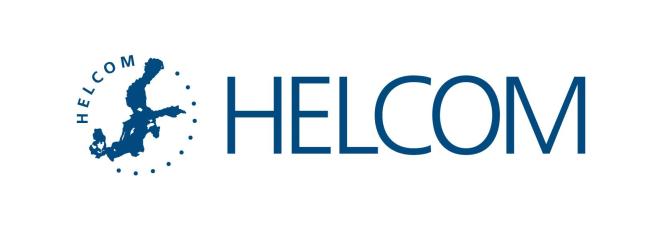On September 18, 2024 DEMASK participated in the first informal consultation workshop aimed at improving the assessment of underwater noise impact on noise sensitive species. The event was hosted by the Baltic Marine Environment Protection Commission (HELCOM) in Helsinki, Finland. This important event supported by the Coalition Clean Baltic (CCB), brought together experts and key representatives from seven Baltic Sea countries: Denmark, Estonia, Finland, Germany, Poland, and Sweden, as well as key observers.

Addressing Shared Challenges
Underwater noise pollution is a growing concern for marine conservation, particularly for sound sensitive species like marine mammals and certain species of fish. Noise from ships, industry, and human activities can disrupt animals’ communication, navigation, fouraging and feeding thereby threatening their survival. The workshop provided a platform for experts to exchange ideas on how to better assess the impact of this noise pollution on marine life.
Representing DEMASK, researchers Christ de Jong (TNO) and Jeff Schnitzler (ITAW-TiHo) joined international specialists in a discussion on shared challenges between the Baltic and North Sea, particularly on the effects of underwater noise on marine ecosystems. The HELCOM region faces similar challenges to the North Sea, which is DEMASK’s focus area. Our contribution helped to enrich the discussion on developing a system to rate the sensitivity of marine life to underwater noise, highlight the importance of harmonising sound maps, and determining the metrics to use when underwater noise begins to have harmful effects on marine life on a regional level.
A step forward
While the one day workshop could not resolve all the complex issues surrounding underwater noise management, it marked an important step in building momentum for future collaboration. DEMASK’s contributions reinforced its key role in shaping the way we look at and manage underwater noise in the North Sea and beyond.
